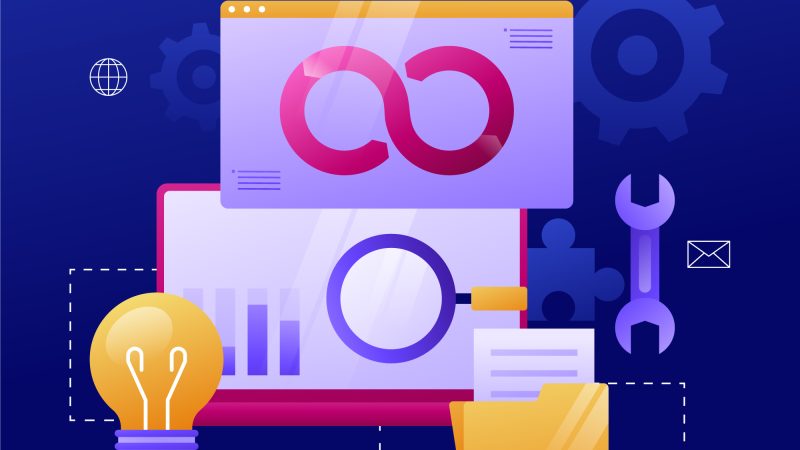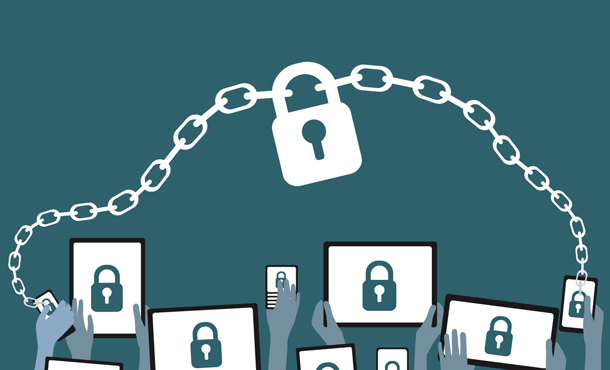Since the massive rise of DevOps, continuous integration and deployment (CI/CD) pipelines have become essential to automate application development cycles. Continuous Integration (CI) involves merging and testing code automatically, while Continuous Deployment (CD) automates the entire process of releasing that…
Tag: access management
Managing access rights to an organisation's resources is a central issue in IAM. An authorisation model provides a layer of abstraction that guides the allocation of technical permissions to users and makes it easier to monitor them over time. To…
The online payments market is constantly changing: to illustrate, from 2022 to 2023, the number of mobile payments has increased by 90.4%, and for e-money payments, the increase was 29.7%[1]. In order to manage this evolution, the European Union has…
Since the Covid crisis, we've seen an increase in the frequency of cyberattacks on the industrial sector. Between 2019 and 2020, the number of such attacks has quadrupled, taking the form of ransomware in 80% of the cases[1], and potentially…
Identity & Access Management (IAM) is an "old" topic for companies. Virtually all major groups have already carried out several IAM projects, often with the growing aim of pooling, centralizing and standardizing. And while those involved in these projects are…
Facebook, Google, Twitter, Instagram, Snapchat… Des noms qui, aujourd’hui, résonnent et transforment nos méthodes et services de communication. Depuis l’arrivée de Facebook en 2004, Internet a été témoin d’une explosion du nombre de réseaux sociaux, des plus généralistes aux plus…
TOWARD INCREASINGLY DECENTRALIZED iss… In recent years, companies have faced an expansion in the scope of Identity and Access Management (IAM) activities. They no longer concentrate solely on user provisioning and authentication; focus has shifted toward both account review and…
IAM on the cusp of change In the context of IAM, organisations have traditionally focused on managing identities and controlling who accesses what (and how). In terms of identity management, organisations first focused on automation of provisioning tasks and other…
Cyber-attaques en hausse et cadre réglementaire (réglementation financière, GDPR, LPM… ) de plus en plus présent ; chacun peut quotidiennement faire ce constat. Dans ce contexte, la grande majorité des entreprises a mené des projets d’IAM : les accès aux applications sensibles…
L’IAM aujourd’hui Historiquement la discipline de la gestion des identités et des accès (IAM ou identity and access management en anglais) s’est constituée autour du besoin de maîtriser qui accède (comment et) à quoi dans le système d’information de l’entreprise.…









